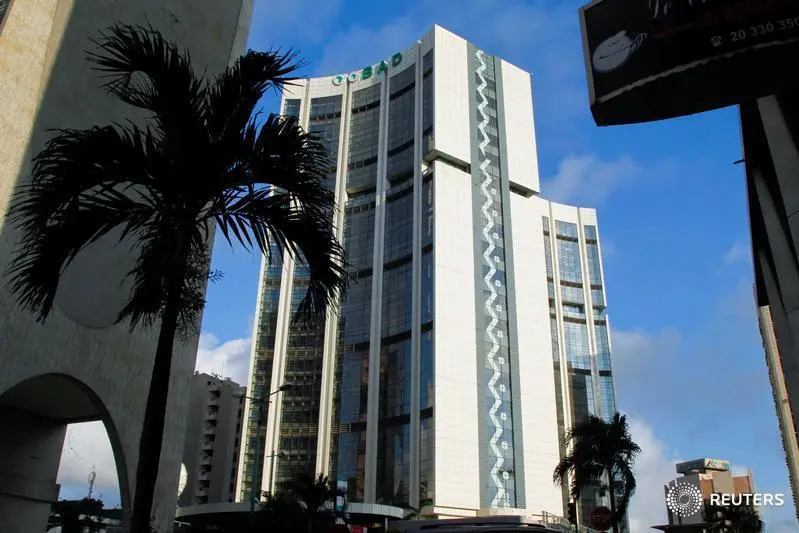PHOTO
Tunisia - A loan agreement worth a total of $87.1 million (the equivalent of TND 267.56 million) to finance the Inclusive and Sustainable Development Support Programme for the Grain Sector (PADIFIC) was signed on Wednesday in Tunis by Economy and Planning Minister Samir Saied and African Development Bank (AfDB) Deputy Director General for North Africa Region Malinne Blomberg.
At the signing ceremony, the minister announced that this AfDB loan, which will be repaid over 24 years, with a grace period of 4,5 years, will be used to increase the country's strategic grain storage capacity from two to three months' requirements, through the rehabilitation and modernisation of the Rades and Bizerte port silos, the creation of a new silo at Djebel Djeloud and the relaunch of grain transport by rail.
The goal is to contribute to guaranteeing in the short term, with the help of other development partners including the World Bank (WB) and the European Bank for Reconstruction and Development (EBRD), an uninterrupted supply of common wheat and barley to the the domestic market.
He further pointed out that the PADIFIC project is "particularly important" in terms of inclusive and sustainable investment, targeting both upstream and downstream parts of the cereals chain.
In addition to traditional measures aimed at improving grain production and productivity, such as agricultural advice and training for farmers managed by the Tunisian Solidarity Bank (BTS), PADIFIC will also support young people in the development of five start-ups to exploit the by-products of grain growing.
Saied added that this agreement is part of a strategy to consolidate the results of the Emergency Food Security Support Project in Tunisia (PAUSAT), aimed at boosting the resilience of the grain sector against external shocks and climate change, while at the same time securing grain supplies in an exceptional context characterised by a global food crisis caused mainly by the war in Ukraine and persistent drought.
This drought, he said, has reduced the harvest to 250,000 tonnes of grain, compared with the national annual requirement of 3.4 million tonnes.
Blomberg for her part, stated that the expected results of this project will find expression in additional production estimated at 1.6 million quintals of durum wheat and 1.2 million quintals of barley, as well as a reduction in losses associated with post-harvest storage, which will generate gains estimated at 115,000 quintals of grain.
The PADIFIC will therefore have a real impact on the food security of vulnerable populations whose diet is based essentially on grain-based products, as well as on the players in the processing chain (flour mills, bakeries, pastry shops, etc.).
It will also have a beneficial impact on livestock feed and animal production, she added, pointing out that the project will help Tunisia, which imports 95% of its grain needs, cope with the impact of the global crisis on grain prices and droughts.
© Tap 2022 Provided by SyndiGate Media Inc. (Syndigate.info).





















